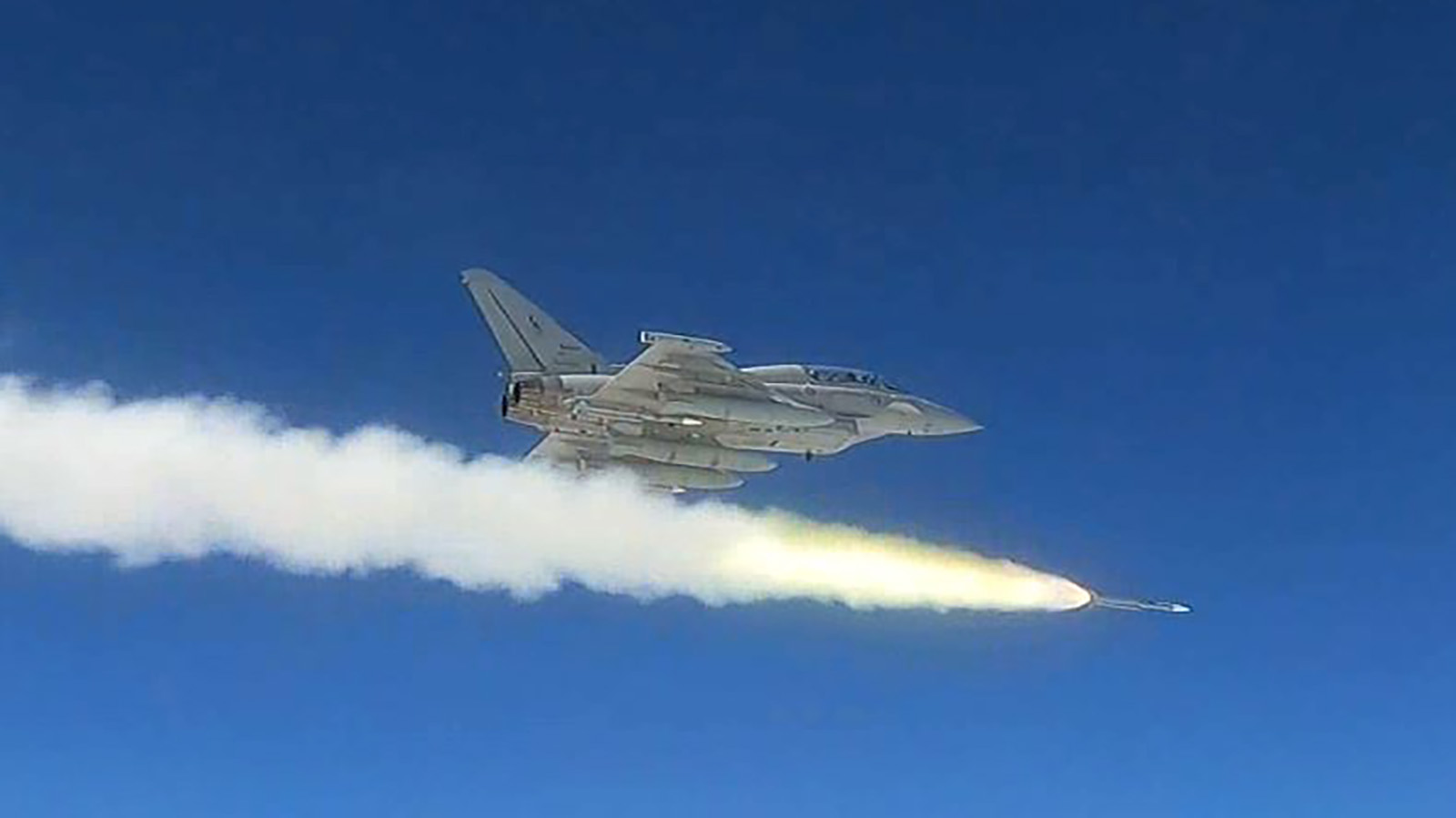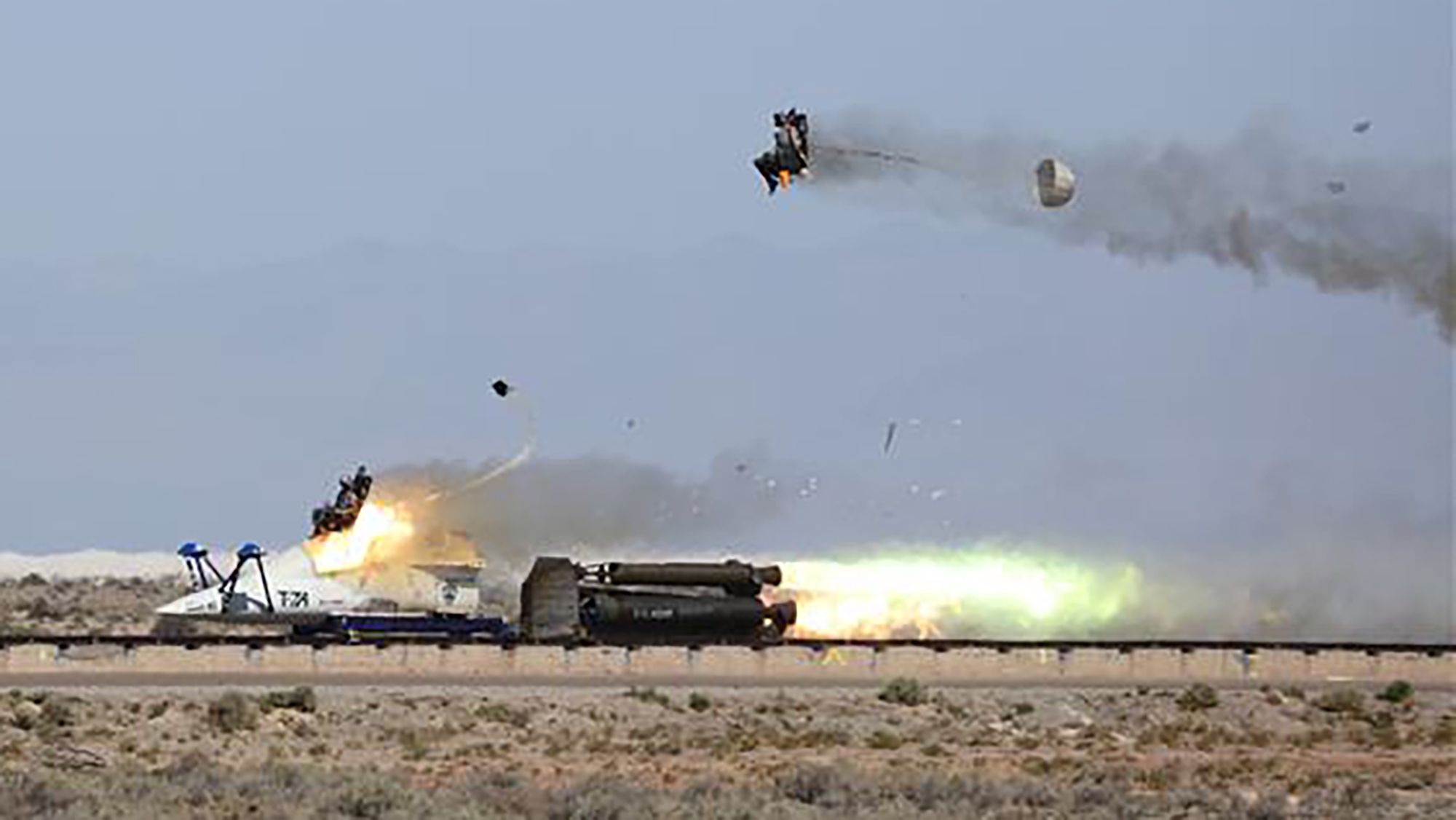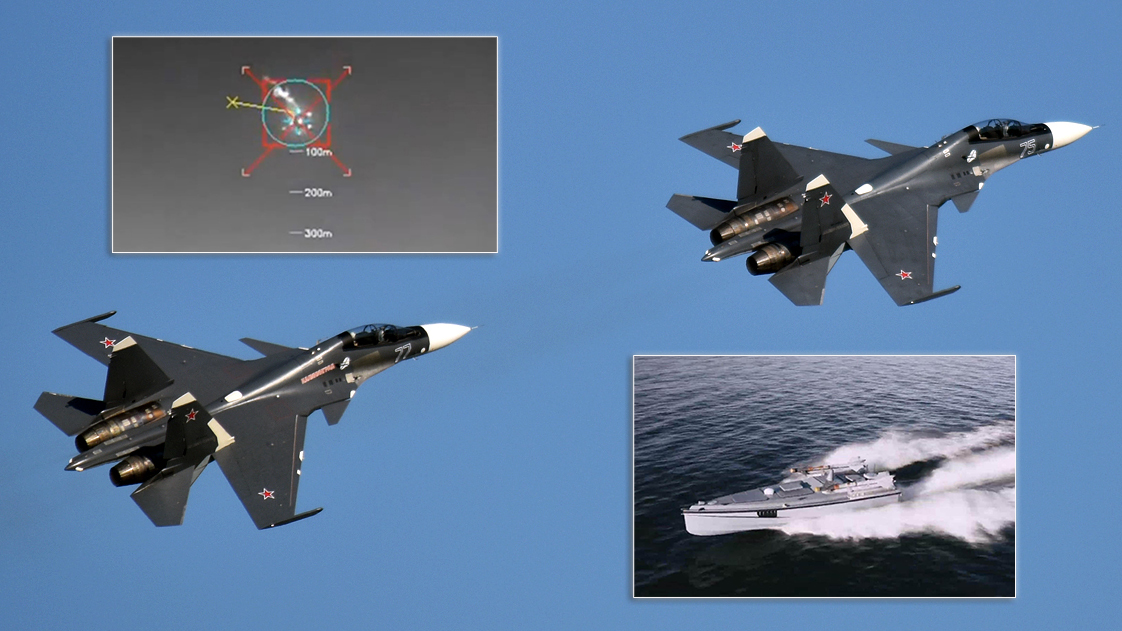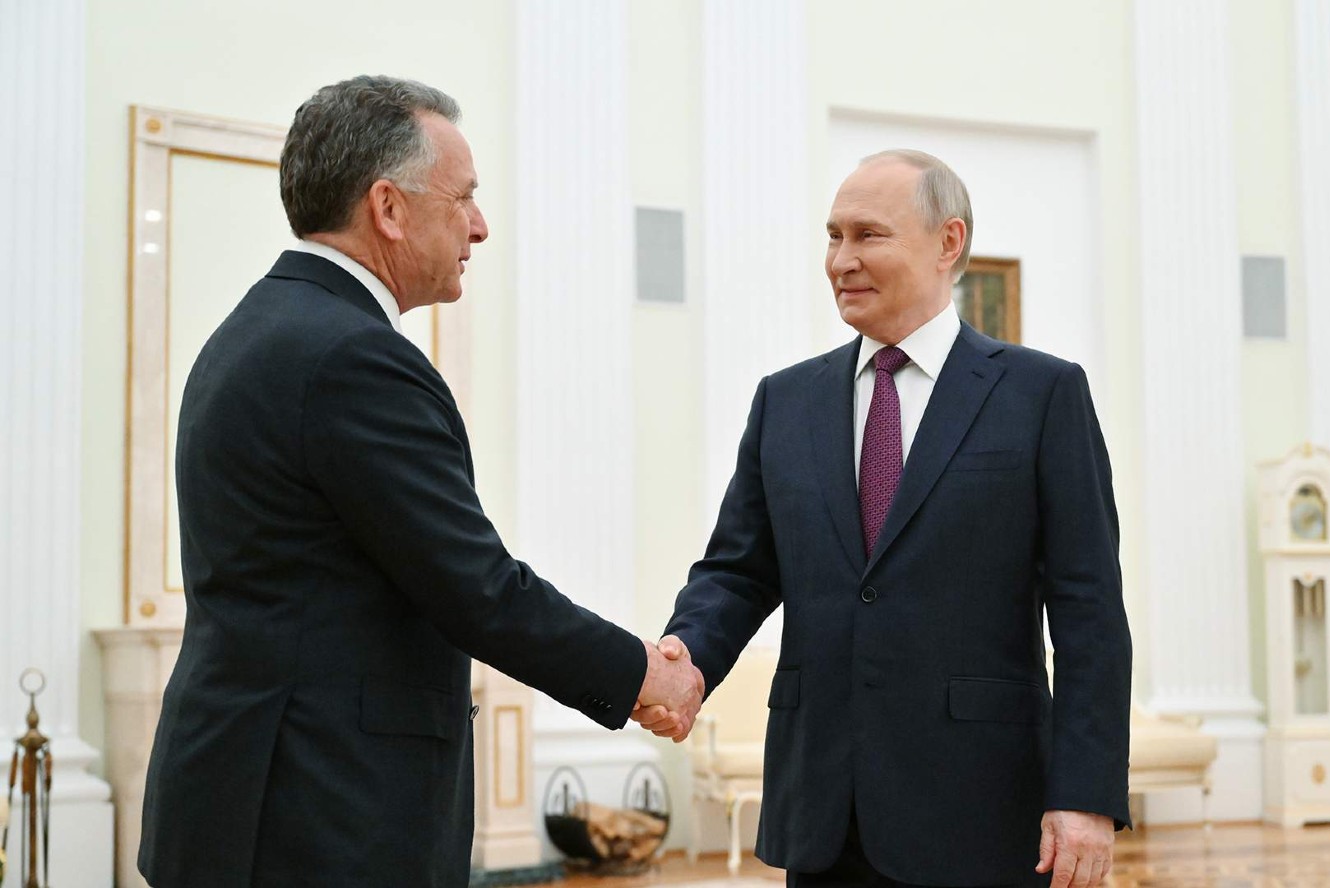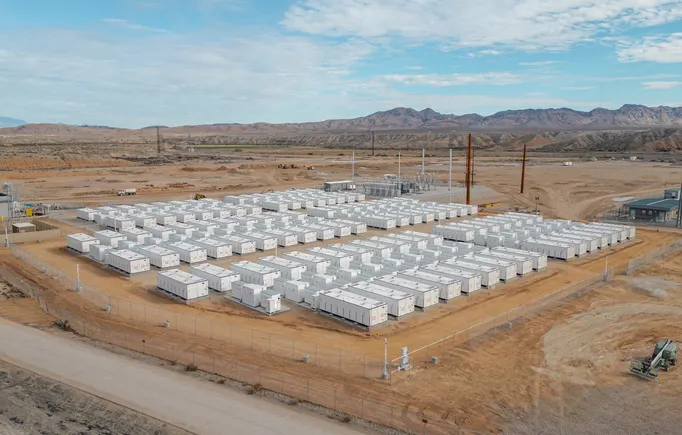Today’s spectrum battle offers a golden opportunity
In order to create a working Golden Dome, spectrum sharing between the commercial and defense industry is a must, argues Thomas Trask in this op-ed.


As part of its post-bankruptcy restructuring plan, Ligado has signed an agreement with AST SpaceMobile to lease some of its spectrum for satellite-to-phone communications. (Image: Getty)
In today’s wireless world, there are no vacant airwaves. Every band of spectrum — the invisible radio waves that enable modern communications — is valuable but often overcrowded. Debates about spectrum policy frequently devolve into a tug-of-war between federal agencies and the wireless industry, but this misses the bigger picture. It isn’t a battle over how to split the pie, it’s a golden opportunity to grow the pie by investing in technologies to enable greater sharing to protect the critical operations of the United States military and commercial users alike.
The airwaves used by our warfighters make the difference between success and failure, and in some cases between life and death. In more than three decades in special operations on three continents, I saw firsthand how crucial having secure and resilient communications are to mission success. From coordinating air support to tracking mobile targets across multiple theaters, our men and women depend on wireless tools to execute quickly, precisely and safely.
In January, President Donald Trump signed an Executive Order calling for the development of a US missile defense system — a “Golden Dome” inspired by Israel’s Iron Dome. For this vision to become a reality, we will need a “system of systems” connecting satellites, sensors and radars to real-time data, all of which require reliable spectrum.
RELATED: All you need to know about the spectrum battle
The nation is determining how to best defend against hostile air threats, while policymakers are simultaneously considering whether to use spectrum auction revenues to help fund the budget reconciliation bill. That debate is important, but by considering these issues separately, we are missing a larger opportunity.
It is time to stop pitting federal and commercial spectrum needs against each other and invest in technologies that allow us to do more with the spectrum we have. And that solution is spectrum sharing.
The concept of spectrum sharing isn’t new. Today, the military shares spectrum across the services and with other federal agencies. Commercial users and commercial operators also share spectrum with each other. What has changed is the technology that enables dynamic sharing across multiple users simultaneously. Smart systems can play “air traffic controller” and direct spectrum use in real-time based on activity and need. This agility will transform our networks, both commercially and on the battlefield, ensuring bandwidth is available for all national security requirements.
To achieve this, we will need to invest in both hardware and software designed for a shared-spectrum world — radios, antennas, chips and systems that can sense and operate across crowded spectrum bands.
This is where the federal government can lead — by investing in the R&D that makes spectrum work harder for us without compromising key national security equities. This should include public-private partnerships that develop and test spectrum-sharing technologies with industry, academia and the military base. We will also need federal spectrum policies that reward cooperation and accelerate this development.
RELATED: NORTHCOM commander: ‘Strong concern’ spectrum auctioning could jeopardize Golden Dome
This isn’t a zero-sum game: The commercial wireless industry and our national defense both stand to benefit from better spectrum-sharing tools. The same technologies that could make a Golden Dome possible can also help supercharge our transition to 6G. And if America doesn’t lead on new-generation technologies, adversaries like China will quickly catch and surpass us.
Whether the priority is warfighting readiness, ubiquitous 5G or technological competitiveness, the solution is the same: Invest in spectrum sharing. If we get this right, we will build a more resilient military, a more competitive telecom industry and a safer, more connected country.
General Thomas Trask served for 33 years in U.S. Air Force, most recently as Vice Commander of the Headquarters U.S. Special Operations Command. He now consults and serves on several non-profit and corporate boards.

























































































